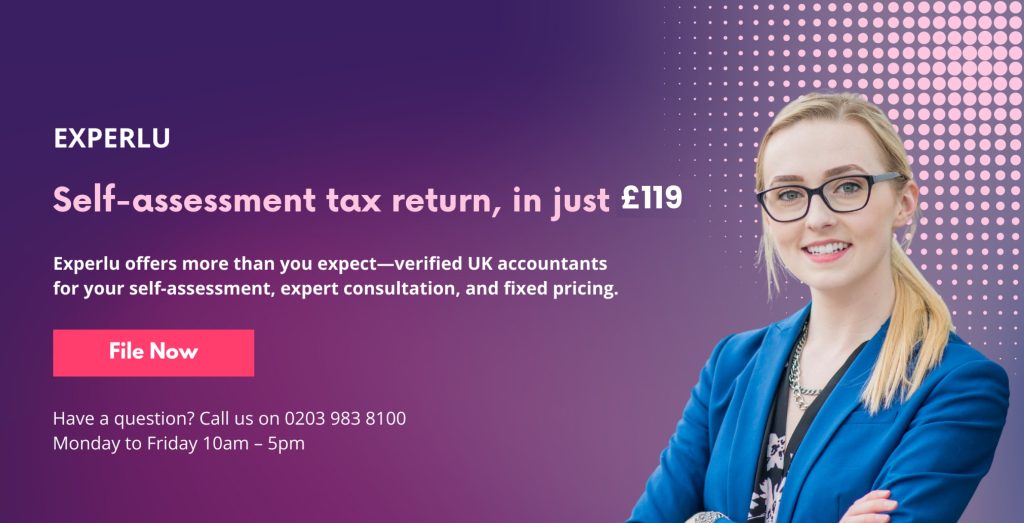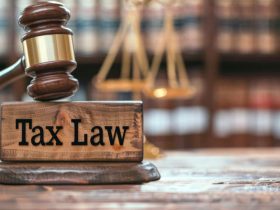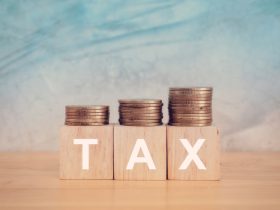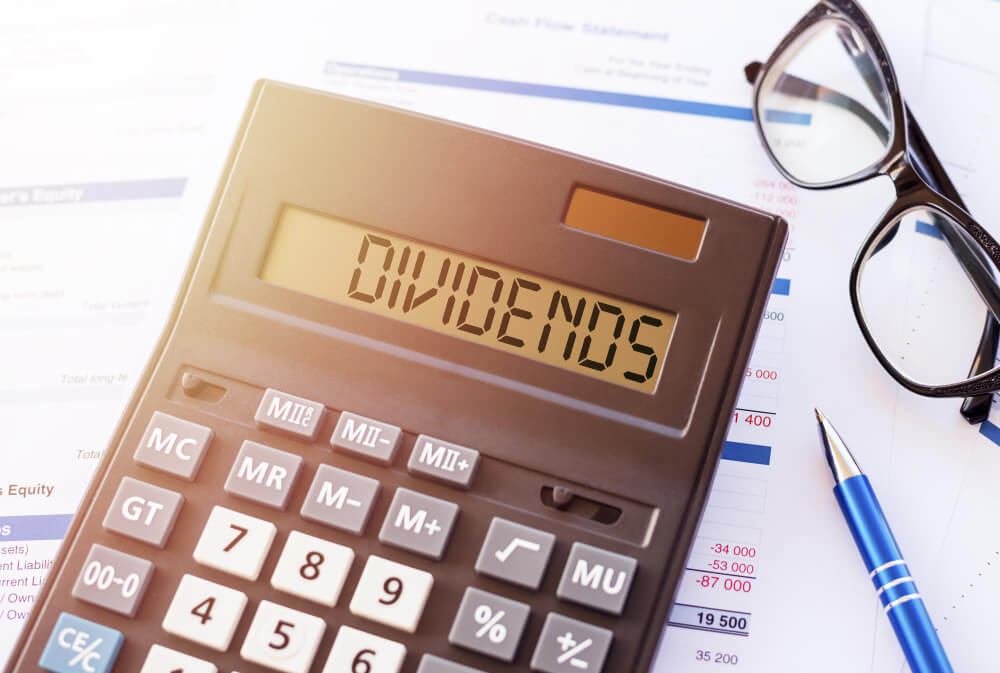HMRC uses self-assessment to collect income tax for income not taxed under PAYE regime. Individuals who aren’t taxed automatically must file their self-assessment tax return with HMRC. It must include all taxable income for the year, including the sources from which they have received tax deductions.
Even capital gains need to be mentioned on the self-assessment. You need to provide multiple other information with your yearly self-assessment, and it is where individuals make numerous mistakes.
Our blog post mentions some common self-assessment mistakes you must avoid.
Table of Content
What is self-assessment?
Self-assessment is a process of collecting income tax in the UK.
HMRC mandates the submission of self-assessment to self-employed and people whose income isn’t taxed through PAYE. This means that if you are earning income that Is not taxed automatically, you must declare that income to HMRC and pay the appropriate tax amount using a self-assessment tax return.

The table below illustrates the key tax dates in the UK for self-employed, freelancers, and businesses.
| Key tax dates | Purpose |
| 6 April, 2024 | Starting of the 2024-25 tax year, when new tax codes and allowances come into effect |
| 5 October, 2024 | Deadline for informing HMRC if you need to complete a tax return and haven’t sent one before |
| 31 October, 2024 | Deadline for submitting a paper tax return |
| 30 December, 2024 | Deadline for submitting an online tax return for automatic payment of owed taxes from wages and pension for 2024-25 |
| 31 January, 2025 | Deadline for submitting an online tax return |
| 31 January, 2025 | Deadline for paying the tax you owe, plus first payment on account |
| 5 April, 2025 | Closing off the financial year |
What are the top 10 yearly self-assessment mistakes?
There are numerous self-assessment mistakes that individuals often make. We have listed a few of them. However, before paying taxes, you must register for self-assessment with HMRC.
1. No Government Gateway user ID
Most individuals make a mistake when registering for a Government Gateway account or lose their Government Gateway user ID. In both cases, the HMRC portal will restrict you from filing your self-assessment tax return and receive a penalty if not filed within the deadline.
Register on the HMRC service portal if you don’t have a Government Gateway user ID. You must provide a National Insurance number or your UK address and a recent payslip for registration.
2. No UTR number
Losing your unique taxpayer reference UTR number or not collecting initially makes filing a self-assessment tax return virtually impossible. This number is usually issued when you set up a Self-assessment account with HMRC for the first time.
Therefore, before the filing deadline appears, you must make sure to have an active UTR number. You can apply for a new one at least 20 days before your filing date.
3. Missing out on tax-free allowances
While filing your self-assessment, you may miss mentioning all your tax-free allowances. This results in huge tax bills, and you can legally reduce the bills by claiming your tax-free allowances on your tax return.
For example, HMRC offers a personal tax-free allowance of £12,570, a trading allowance of £1,000, a Blind Person’s allowance of £2,870, etc. Ensure you know all the tax benefits the UK government offers and your eligibility for getting the benefits.
4. Not declaring all your income sources
All individuals need to report their earnings and income sources to HMRC. It ensures they’re paying the government the right amount of income tax. It includes salary, benefits and bonuses, income from rental property, interest gained from savings, capital gains, pensions and income from abroad, investment income, and government benefits.
When you leave some income sources out of your self-assessment, HMRC considers it intentional tax evasion, which is illegal and has serious consequences. To avoid such issues, you must keep a clear and complete record of all your income and use a reliable and efficient tracking system to keep track of your earnings.
5. Claiming disallowed expenses
HMRC allows businesses to legally claim allowable expenses to reduce their tax bill. For example, office costs, travel costs, clothing expenses, staff costs, the cost of your business premises, financial costs, etc. These expenses must be incurred wholly or exclusively for business purposes and be allowable for tax purposes.
6. Not claiming tax relief on private pension contributions
If you make private pension contributions, you can get a tax relief of up to 100% of your annual income. This is essential for higher-rate taxpayers who overpay millions of pounds each year because of unclaimed pension tax relief.
If you are paying the higher tax rate (40%) or additional tax rate (45%) of income tax, you must claim the additional 20% and 25% on the self-assessment tax return. If you have missed doing this previously, you may claim your unpaid tax relief for up to four previous years.
7. Missing out on self-assessment tax return filing and payment deadline
People often tend to miss a self-assessment deadline for multiple reasons. For example, not having a UTR number, being unsure about the dates, being unprepared, etc.
You must remember the deadline for self-assessment submission to HMRC and pay the right tax amount within the right time. If you fail to send your tax return within time, penalties can range between £100 and up to 100% of your tax bill.
8. Missing out on claiming charity gift aid payments
You can decrease your huge tax bill by claiming on charitable donations. People often miss out on mentioning their donations on the self-assessment tax return. For every donation you make to a registered charity, HMRC ensures 100% tax-free transactions.
These donations are usually made through gift aid, allowing charities to claim an added 25p from the government for every £1 you donate.
It is mainly essential for high earners to mention such donations on their tax returns. Why? Suppose you are a high earner donating £100 to a local charity through Gift Aid to top up your donation to £125. You can either claim £100 on your tax return to reduce your tax bill or claim £125 and pay 40% tax on the additional £25.
9. Changing self-assessment rules
You need to understand that self-assessment tax return filing rules are changing in 2024. If you fail to meet the regulations, HMRC may charge you penalties. In such situations, you can always contact an accountant who understands the changing rules and can educate you.
10. Mistakes on your tax return
If you aren’t using a proper accounting system in business, the chances of making mistakes on your tax return remain high. This can be miscalculations, using the wrong tax code, or incomplete information on self-assessment. Before submitting your final self-assessment tax return to HMRC, you must keep a copy of the completed tax return to avoid misunderstandings in future.

Final thoughts!
People make numerous other mistakes while filing their self-assessment tax returns. You must complete your self-assessment tax return accurately and before the deadline if you want to keep your tax bill low.
Therefore, it is advisable to use an updated accounting system and hire an accountant. Having an expert at your back can help you file tax returns accurately and save you from unnecessary hassles and penalties.










